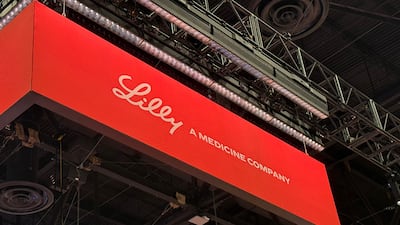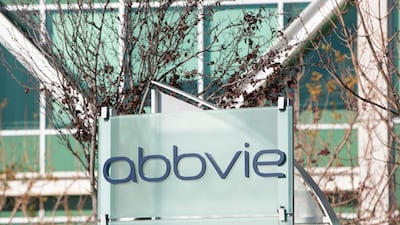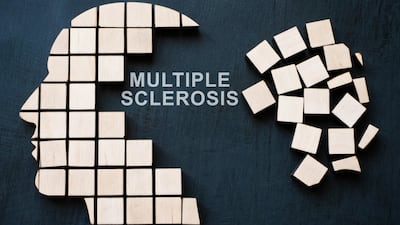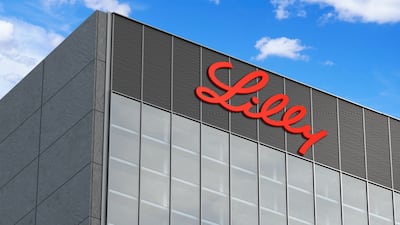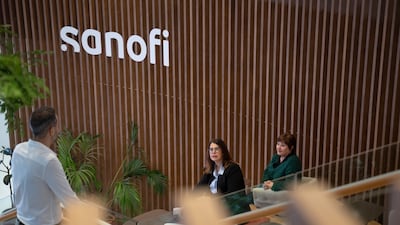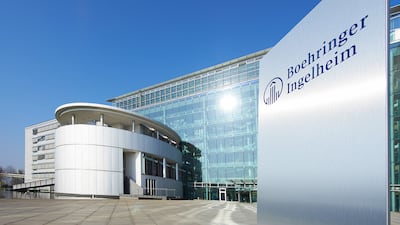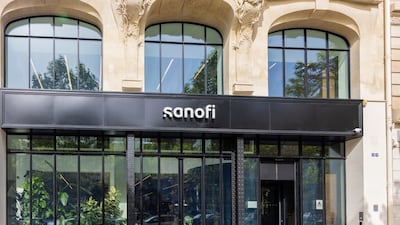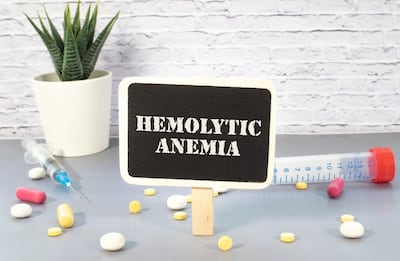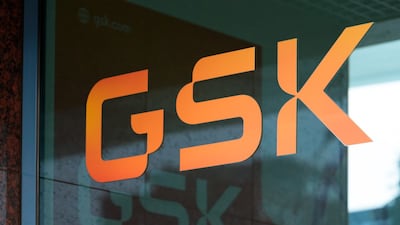Immunological
Enthusiastic predictions from industry leaders for ongoing progress in obesity, oncology, immunology, neuroscience and more were supported by optimism for the potential of AI and other technological advances to enable breakthroughs in processes as well as pipelines.
The drugmaker highlighted a wide array of development programs in its fourth quarter earnings, including moving tirzepatide into multiple inflammatory conditions.
With Skyrizi and Rinvoq expected to anchor growth this decade, AbbVie said it will look at big and small assets to help it deliver revenue growth during the 2030s.
The FDA’s complete response letter for Aquestive Therapeutics’ allergy drug Anaphylm was limited to human factors validation and a single supportive pharmacokinetics study, defining a narrower path toward resubmission without additional efficacy trials.
Safety concerns look to have finished off Sanofi’s competitor, tolebrutinib, leaving Roche’s fenebrutinib as the possible first-in-class BTK inhibitor for multiple sclerosis - but much still depends on a final Phase III readout.
Sunshine Pharma plans to invest at least $14m to set up a joint venture with fellow Chinese firm XtalPi, with goals including the discovery and development of novel molecules for autoimmune disorders.
Rocatinlimab has met primary endpoints in Phase III studies, but analysts question the Kyowa-discovered drug’s market potential due to tolerability and unspectacular efficacy.
Deal Snapshot: Following alliances with BMS, Genentech and Pfizer, Repertoire is partnering with Lilly to discover T-cell targeted autoimmune therapies. Deal continues a busy January for Lilly’s business development.
Paul Hudson has acknowledged the firm’s R&D setbacks but says they are par for the course when tackling science ‘that has never been done before.’
The Belgian biotech is closing its CAR-T division and pivoting to a new de-risked business development model, with the blessing of long-term investor, Gilead.
Deal Snapshot: The German group is the latest big pharma to partner with one of China's most prolific dealmakers in an agreement that could be worth over $1bn.
Fund IV exclusively targets company creation and early-stage investing across the UK and the US.
The Paris-headquartered giant has heralded data from two new Phase III trials of the anti-OX40L antibody but there are still concerns over its level of efficacy.
The US biotech has upsized its public offering to $175m after the success of soquelitinib in a very early trial for atopic dermatitis.
HUTCHMED sees good potential for its Syk inhibitor in autoimmune setting following positive topline Phase III results, with China NDA planned in first half.
Just a week after the J.P. Morgan Healthcare conference, GSK’s first buyout of 2026 is focused on anti‑IgE antibody, ozureprubart, which is in Phase II development for prophylactic protection against food allergens.
CEO Jean-Christophe Tellier tells attendees at the San Francisco meeting that there is much more to come from Bimzelx.
With more than $112m in new funding, the company plans further development of its Phase I IL23p19xTL1A-directed bispecific candidate.
Upcoming product launches from partnerships with J&J and Takeda could generate billions in royalties for the biotech, which now aims to build an in-house portfolio of next-generation oral obesity drugs and I&I therapies.
Another Phase III hit for Lilly’s Zepbound, the TOGETHER-PsA trial is the first to add an incretin therapy to anti-inflammatory biologic, potentially expanding its reach into another major comorbidity market.


